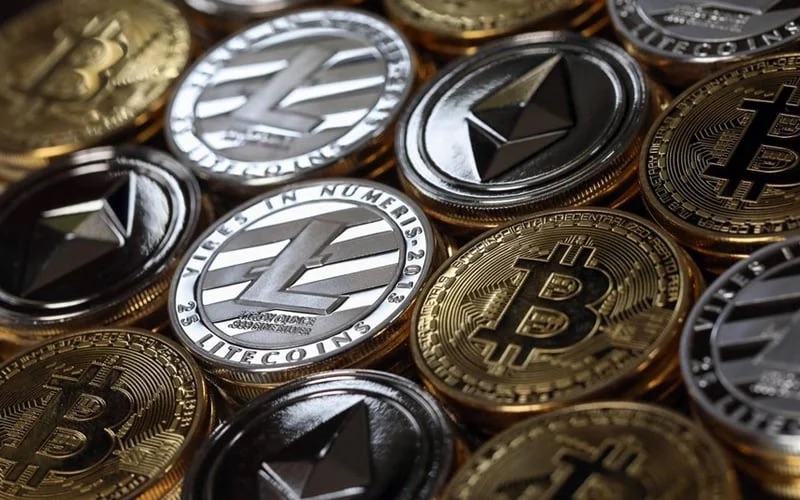
In response to increasing cryptocurrency adoption by other nations, the Indian government is reassessing its regulatory stance on digital assets.
India’s economic affairs secretary, Ajay Seth, highlighted the borderless nature of digital assets, indicating India’s desire not to fall behind in the digital currency revolution. This reconsideration of policy arrives alongside the implementation of a new tax regime, imposing up to a 70% tax on previously undisclosed crypto gains under India’s Income Tax Act.
Taxation and Regulatory Stance
The Indian government currently enforces a 30% tax on capital gains from digital assets, treating short-term trades and long-term investments equally. Amit Kumar Gupta, a Supreme Court legal practitioner, described these taxes as overly harsh and discouraging to the development of decentralized blockchain technologies.
Gupta conveyed that the Indian government compares cryptocurrencies to gambling and perceives them primarily as tools for money laundering and financing terrorism.
Meanwhile, Shaktikanta Das, the former governor of the Reserve Bank of India, endorsed the central bank’s pilot program for a central bank digital currency (CBDC), calling CBDCs “the future of currency” in his December 2024 farewell speech. The RBI is also planning to expand its cross-border payment platform, potentially using a wholesale CBDC as the primary settlement mechanism.
What The Author Thinks
As cryptocurrencies continue to gain traction globally, it is crucial for India to strike a balance between fostering innovation and ensuring regulatory compliance. By reassessing its stance on cryptocurrencies, India has the opportunity to position itself as a forward-thinking nation that supports technological advancements while maintaining strong safeguards against misuse. Adopting progressive policies could help attract international fintech investments and encourage native blockchain developments, propelling India to the forefront of the digital economy. This approach requires careful consideration of both the economic benefits and the potential risks associated with digital assets.
Featured image credit: FMT
Follow us for more breaking news on DMR
